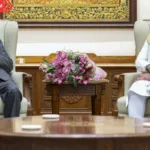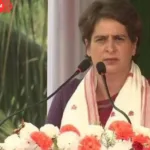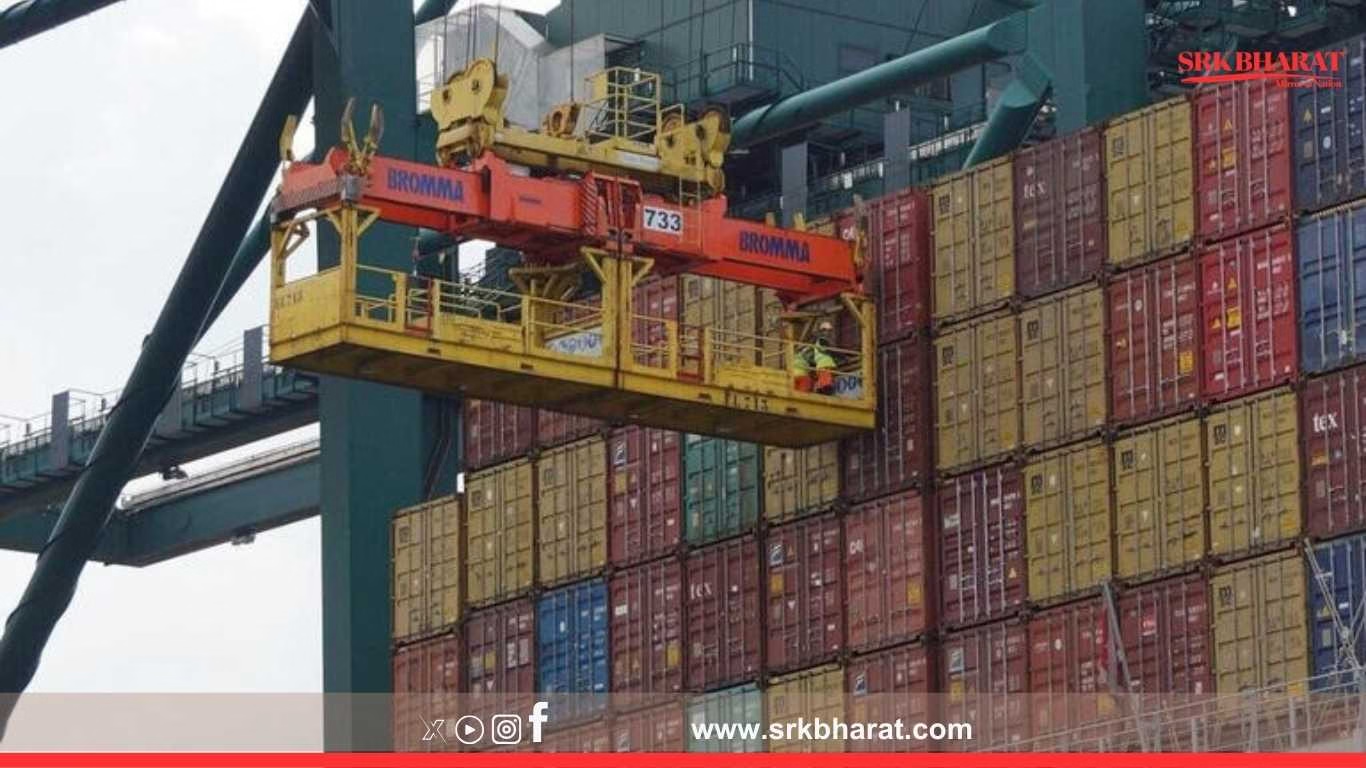In a strategic policy move to protect domestic manufacturers, the Indian government has extended the existing anti-dumping duty on imports of clear float glass from Malaysia until February next year. The decision, notified by the Central Board of Indirect Taxes and Customs (CBIC), comes amid recommendations by the Directorate General of Trade Remedies (DGTR) to continue the safeguard measure as investigations on continuation are underway.
What Is Clear Float Glass?
Clear float glass is a high-quality, distortion-free glass widely used in:
- Architectural glazing
- Windows and doors
- Automotive windshields
- Solar panels
- Furniture and interiors
India imports clear float glass mainly from Malaysia, Saudi Arabia, China, and Indonesia. However, imports from Malaysia faced anti-dumping duties due to alleged dumping at unfairly low prices harming Indian producers.
Why Was The Duty Extended?
The duty, originally imposed in 2019, was due to expire but has been extended based on:
- Preliminary findings indicating continued dumping that could hurt domestic industry viability if discontinued.
- Protection for domestic manufacturers like Saint-Gobain India, Asahi India Glass, and Gold Plus Glass who have invested heavily in capacity expansion under the Make in India vision.
- Ensuring price stability in the domestic market amid fluctuating global input costs.
Existing Duty Structure
| Country | Anti-Dumping Duty Per Tonne (USD) | Earlier Expiry | Revised Validity |
|---|---|---|---|
| Malaysia | USD 50-120 depending on producer | July 2024 | February 2025 |
Impact On The Indian Economy
1. Protection For Domestic Manufacturers
The Indian float glass sector has expanded production capacity to over 2,500 tonnes per day in the last five years. The duty extension:
- Shields producers from undercutting by cheaper Malaysian imports.
- Supports expansion projects for advanced float lines with low-emission technology.
- Enhances employment security in the sector, which employs over 50,000 workers directly and indirectly.
2. Price Impact On Downstream Sectors
| Sector | Likely Impact |
|---|---|
| Real Estate & Construction | Marginal increase in glass procurement costs; overall project costs remain largely unaffected due to low share of glass costs. |
| Automotive | No immediate cost impact, as automotive glass imports are from diversified sources with minimal Malaysian share. |
| Solar Panel Manufacturing | No major impact as anti-reflective and tempered solar glass imports are excluded from the duty. |
3. Trade Balance Consideration
Reducing dependence on cheaper imports aids India’s current account deficit management while promoting domestic industry competitiveness.
Industry Reaction
- Glass Manufacturers Association: Welcomed the move, stating it provides a fair and competitive environment for local players to thrive without predatory pricing threats.
- Builders’ Confederation: Urged the government to ensure duty extensions do not create artificial pricing power leading to cartelisation.
- Automotive Component Manufacturers Association (ACMA): Stated no negative impact is anticipated, as float glass used in vehicle manufacturing is largely sourced domestically or from diversified trade partners.
Why Is Anti-Dumping Duty Important?
Anti-dumping duties are not blanket tariffs but corrective measures under WTO rules to counter injurious dumping practices by exporters selling goods below cost to capture market share. For Indian float glass:
- Malaysian exporters were allegedly selling below production costs, harming Indian industry investments.
- Duties ensure a level playing field, incentivising technological upgradation and quality enhancement by domestic producers.
Global Context
India maintains anti-dumping duties on float glass imports from multiple countries including:
| Country | Reason |
|---|---|
| China | Chronic dumping to dominate market share |
| Saudi Arabia | Low-priced exports undermining Indian manufacturing |
| Malaysia | Persistent dumping despite prior duties |
Upcoming Policy Developments
The DGTR is expected to:
- Complete its ongoing sunset review investigation by January 2025 to decide on long-term continuance or modification of the duty.
- Assess impact on small and medium downstream enterprises to balance consumer and producer interests.
Government’s Focus On Self-Reliance
The extension aligns with India’s Atmanirbhar Bharat goals, especially in materials like glass that are critical for:
- Real estate modernisation
- Renewable energy infrastructure (solar panels, green buildings)
- Automotive and transport sector development
Expert Viewpoints
| Expert | Comment |
|---|---|
| Glass Industry Analyst | “Extension is strategic to avoid market disruption, especially when domestic producers have augmented supply capacity.” |
| Trade Policy Specialist | “India must ensure anti-dumping duties remain temporary and targeted rather than a long-term protectionist approach.” |
| Infrastructure Economist | “Given the marginal price impact, the duty’s benefits outweigh costs as it safeguards employment and manufacturing output.” |
What Should Businesses Do?
- Real Estate Developers: Reassess procurement contracts factoring in possible float glass price stabilisation due to import duties.
- Glass Importers: Explore alternative sourcing from countries without duty impositions to maintain competitive supply.
- Domestic Glass Producers: Capitalise on the duty extension by enhancing product innovation, quality standards, and operational efficiency to prepare for open competition post-duty expiry.
Conclusion
The Indian government’s decision to extend anti-dumping duty on Malaysian clear float glass till February underscores a continued commitment to protecting domestic industries against unfair global trade practices while balancing consumer interests. It ensures India’s manufacturing backbone remains competitive as the economy targets high growth driven by construction, real estate, and infrastructure sectors.
Disclaimer: This news content is based on government notifications, industry statements, and expert analysis. It is intended for general informational purposes only and does not constitute business or investment advice. Readers are advised to consult official trade policy updates and sector-specific advisories for operational decisions.











